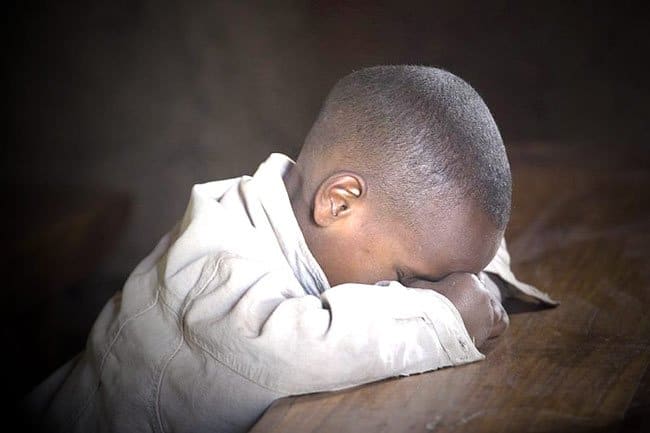Growing up, my best friend was Jimmy and we did everything together for several years. It was only natural one summer to invite him to Vacation Bible School at my church. His parents let him go and he soon wanted to give his heart to Christ, so my mother talked to his mother. That’s when I learned about the “age of accountability” and even though I had accepted Christ and been baptized at age seven, apparently Jimmy’s mother – following the tradition of their church – insisted that he be some years older before making such a big decision. And he was prohibited from visiting our Southern Baptist Convention church soon after. I moved away the next year. Today, my childhood friend has done time in prison, married the woman that was his (divorced) stepmother, has a bad reputation in the community, and has never returned my calls.
Don’t you wonder what could have been?
When I was led to Christ by my parents, I knew what it meant to accept or to turn down the offer to repent and receive Christ as Savior. It would separate me from God for all eternity. I had the reading skills of a first grader, but my parents shared with me their own testimonies and even used some pictures in my Bible.
After a luncheon meeting with pastors recently, a ministry leader pulled me aside and asked about evangelizing children. I mentioned Bible Storying methods as a way to help children have a concrete idea of what Jesus did on the cross for their salvation. Having multiple opportunities to share stories from God’s Word leads the child to a saving knowledge of Jesus Christ. I pointed out that using disconnected Bible verses may carry truth, but they are often out of context. Children are typically concrete thinkers, so a cross lying across a chasm doesn’t communicate very well. Discuss a time with them when they did something wrong and received forgiveness for it. This usually triggers an experience that they can relate to for what God is offering to do for their sins.
We certainly live in an age where the Bible is not discussed at home. So, it would be helpful to share the gospel story with the child in the presence of his parents. If the parents could come to faith in Christ, too, then the child would be nurtured in a gospel-centered home.
Telling Bible stories to children begins their life of faith and facts. They grow up having a deeper appreciation for God’s Word. At Easter this year, I storied the Crucifixion and Resurrection story for my granddaughter. Meanwhile, her mother, grandmother, and great grandparents listened in. They each chimed in from time to time adding details they loved in the story and wanted to be sure that I included. Sometimes they helped me catch a term that I glossed over such as “centurion.” Storying the Bible with children is a privilege!
Sharing Christ with a child means to be prepared in advance. Your church likely has leaders working with children. Ask them what they are doing to share Christ! Missouri is blessed to have CEF – Child Evangelism Fellowship, established in 1937 in Warrenton (www.cefonline.com). When reviewing tracts or other resources, be sure to use materials that encourage children to repent of their sins (turn away) as well as believe. Churches can unfortunately use some programs that miss out on this biblical principle.
When the Holy Spirit moves and the time is right, then you want to be ready, even if a Bible is not available at the time. You want to make sure a child’s “oral Bible” is not embellished and remains faithful to the text they will likely learn to read and love in the years ahead of them, hopefully as born-again believers in Jesus as their Lord and Savior!
Mark Snowden serves Missouri Baptists as Evangelism/Discipleship Strategist (573) 556-0319 or msnowden@mobaptist.org. n


